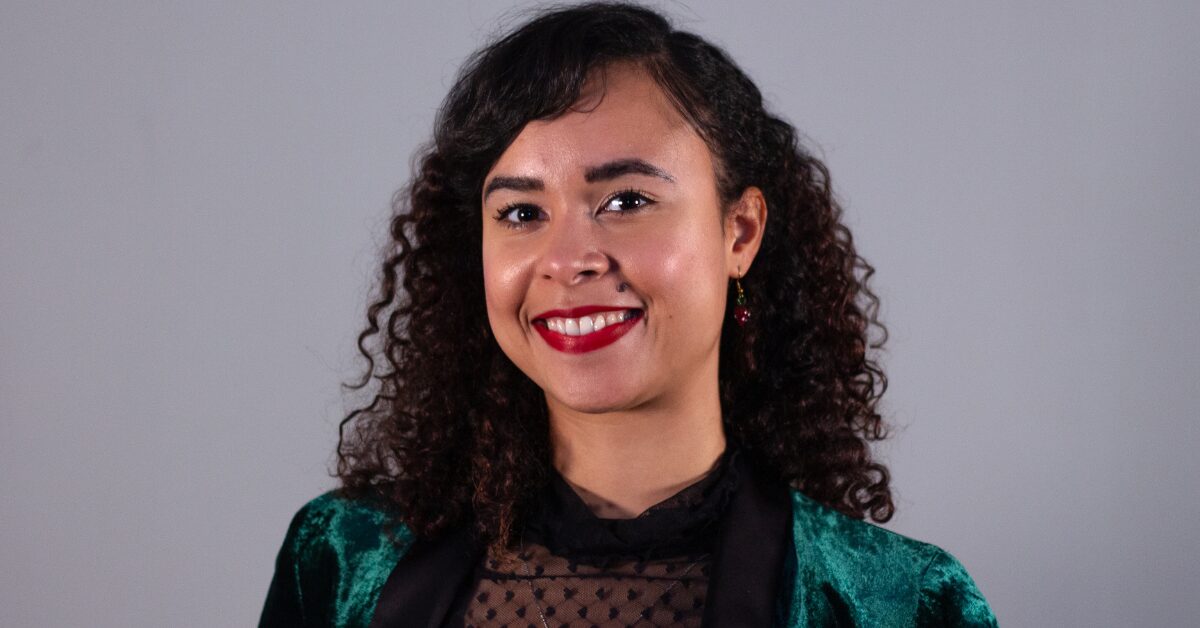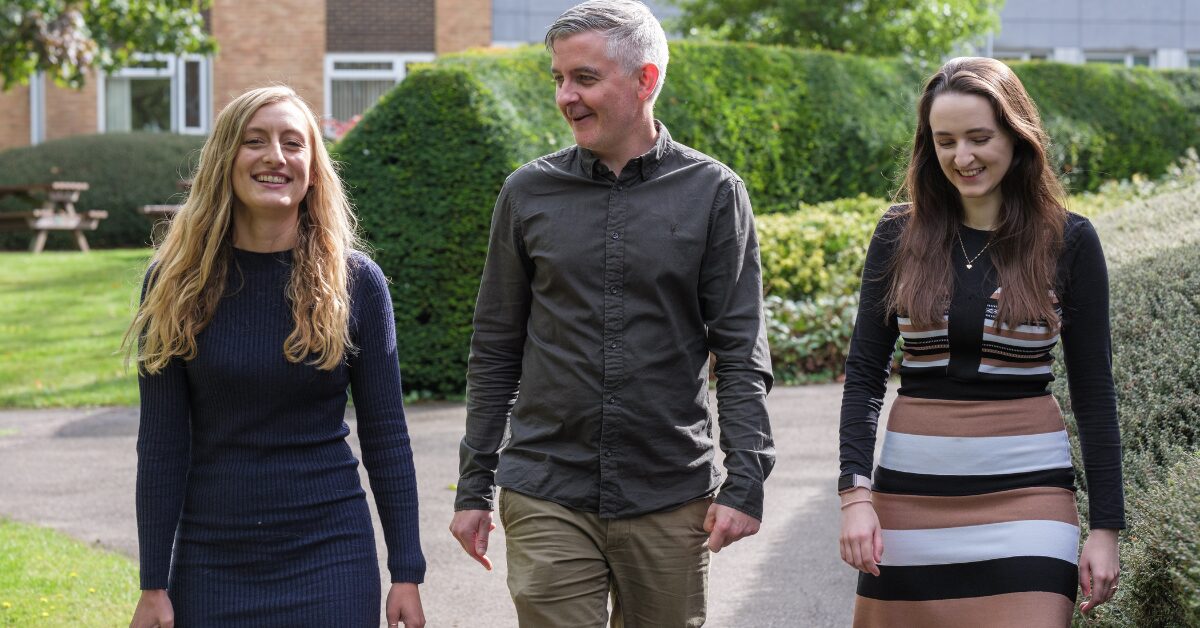Four tips on data storage and organisation
16/08/2016

It is a well-known fact that the average lifespan of a hard drive is two months shorter than a thesis – well, maybe not a fact, but you can’t be too careful when it comes to protecting your files! So here are four top tips for keeping your data safe during a research project.
- 3 – 2 – 1 backup! Keep three copies, on at least two different media, with at least one offsite. You need multiple copies in case one file becomes corrupt or you accidentally mis-edit it; using different media is important in case one fails; and if you keep all copies in the same room, you’re at risk of data loss if there’s a theft or fire. University network drives keep multiple copies backed up in different locations, so they are always our recommendation.
- Organise your files with clear folder structures and file names. You might remember in the short-term where you’ve saved files, but if you return to your files in the future, or other collaborators/researchers access your files, a clear folder structure and file naming system will make things so much easier. See our intranet page on data organisation for more advice.
- Use open formats wherever possible. Proprietary systems change and files stored in proprietary formats (xlsx, etc) can become unreadable when opened in different software, or even different versions of the same software. It’s therefore important for the long-term accessibility of your data that you store files in open formats wherever possible. See our intranet page on file formats for more detail.
- Don’t keep everything. Whilst it’s tempting to keep everything, accessing and discovering data is easier when only the key files have been kept. Think about what data needs keeping (eg because it underpins your findings, because your funder/publisher/discipline requires it to be kept, or because it has special value or would be hard to reproduce) and preserve your important data safely. See our selection and appraisal checklist (pdf) on the intranet for more information.
Image from Digitalbevaring.dk used under Creative Commons Attribution 2.5 Denmark.
Categories & Tags:
Leave a comment on this post:
You might also like…
Inside the Thermal Power and Propulsion MSc with Dr Uyioghosa Igie
In our recent conversation with Dr. Uyioghosa Igie, Programme Director for the Thermal Power and Propulsion MSc at Cranfield University, we uncovered what makes this course such an exciting and valuable path for ...
Borrow fiction online – for free!
Everybody needs a break from work, and if you fancy reading or listening to some fiction or non-academic books, we have the app for you! Use the Libby app to borrow a host of online books ...
Researching IPOs in Bloomberg
Are you researching IPOs? Do you want to find IPOs on a specific index (eg S&P 500, or UK AIM Index) for specific dates? Then Bloomberg is where you should be looking. If you haven’t ...
Meet the Cranfield alumna named among sustainability’s brightest rising stars
For Julia Anukam, working in sustainability is about being part of the solution. A conscious consumer and long-time vegan, she found her true calling after a re-evaluation of her career priorities during the Covid-19 ...
We need a million engineers who understand accessibility
…and we are, mostly, starting from zero. This arresting, attention-grabbing line was said to me only last month, in a busy London canteen. Who said it, where we were, are and what they said - ...
Cranfield apprentices named among sustainability’s brightest rising stars
Two Cranfield University apprentices have been recognised for their drive, determination and potential to lead the UK towards a more sustainable future. Julia Anukam and Lucie Rowley feature in the prestigious edie 30 Under ...






